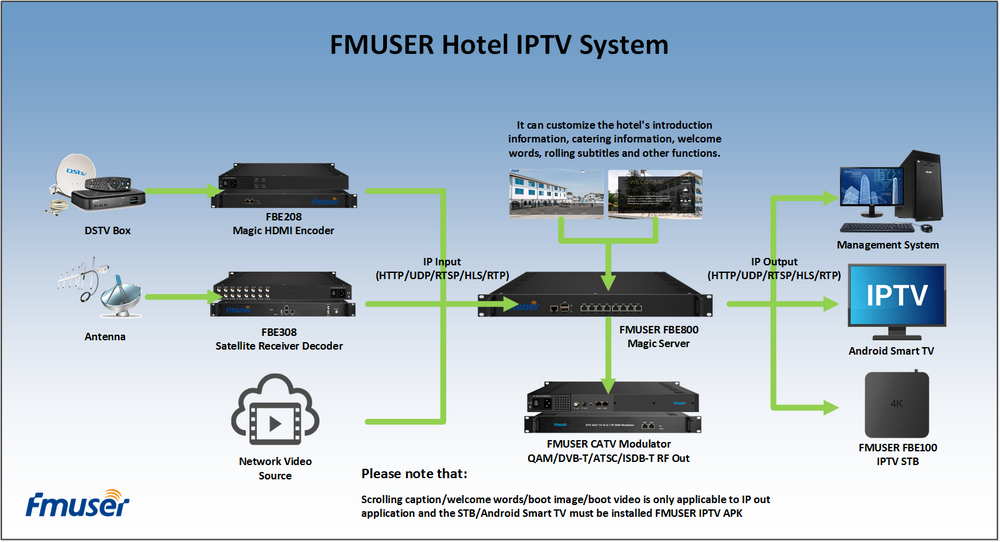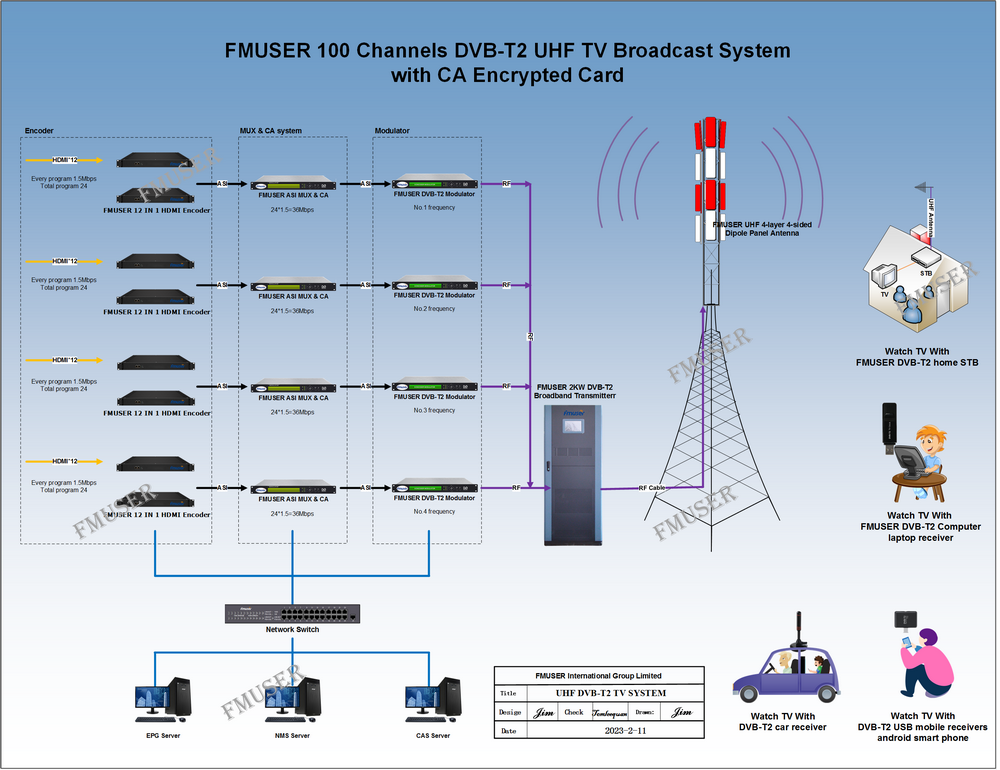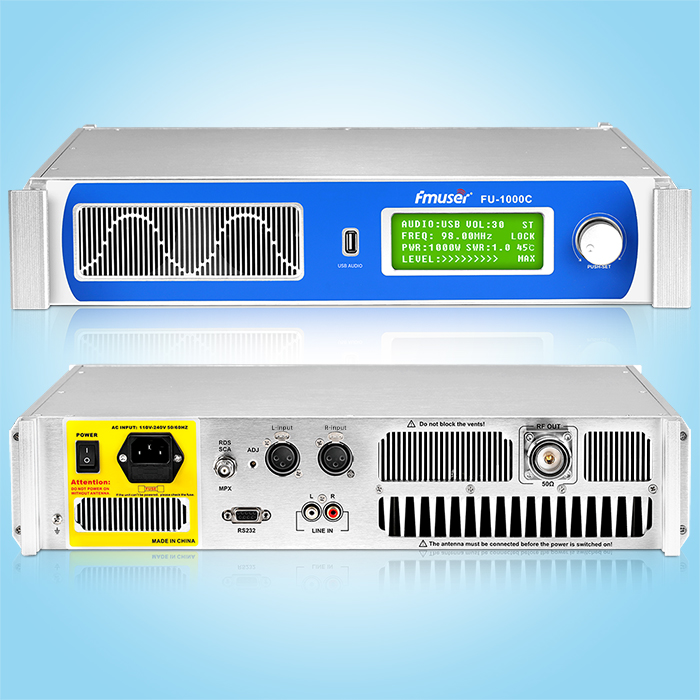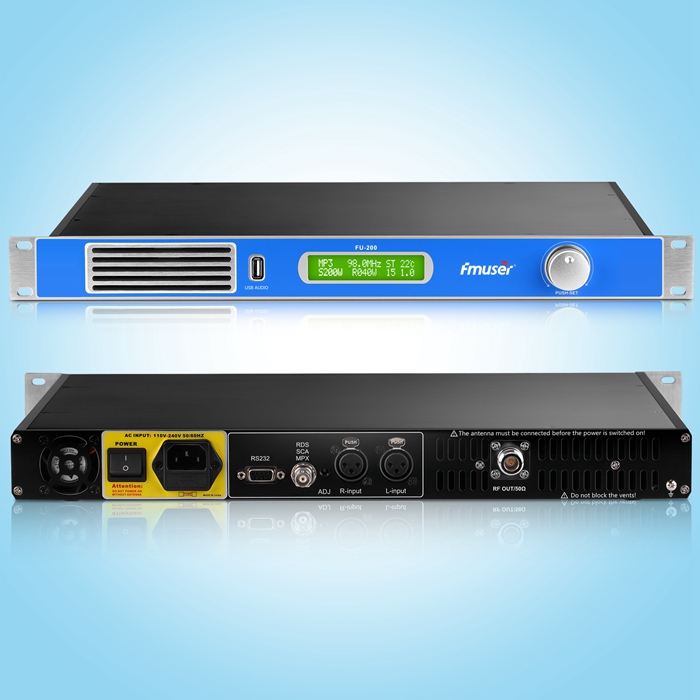"A" ban "on the other side of the Pacific Ocean makes Chinese people feel the" weight "of a chip. The U.S. Department of Commerce issued a statement on April 16 that ZTE would implement a seven-year export ban on ZTE because it violated the settlement agreement reached with the U.S. government last year. Since then, ZTE has said that the company cannot accept such sanctions by sending internal letters and holding press conferences.
Why are domestic chips pinched
Ningdi
The latest development of the incident is that a senior official of the U.S. Department of Commerce told the media that ZTE had the opportunity to submit more evidence to the U.S. Department of Commerce.
The outcome of the "ZTE storm" was unpredictable, which deeply hurt the "China core".
Block ZTE American companies may lose more than they gain
ZTE was "blocked" today, basically from the storm two years ago.
In 2016, the U.S. government included ZTE in the list of export restrictions on the grounds that ZTE and its three affiliated companies violated relevant U.S. export prohibitions, restricting U.S. suppliers from exporting U.S. products, including chips, to ZTE. ZTE settled with a fine of $890 million. However, recently, the US Department of Commerce pointed out that ZTE had violated the original relevant settlement agreement and would implement a seven-year export ban on ZTE.
It is understood that ZTE's main suppliers in optical communication modules come from American optical component companies Acacia and Oclaro, but in terms of substitutes, there are also some medium and low-end products available for ZTE in China; In the 5g field, ZTE, as a supplier of wireless communication base stations, uses more baseband chips and RF chips. Basically, the chips are purchased from American companies; In the mobile phone business, the processor chip of ZTE's high-end smartphone comes from Qualcomm. If the chip supply is cut off, it will have a great impact on ZTE.
The sanctions will have a huge impact on ZTE's next layout and development on 5g, "the process will slow down." Liu Kun, deputy general manager of integrated circuit industry research center of CCID Consulting Co., Ltd., analyzed that ZTE had a very in-depth layout in the 5g field in the past. If the existing core chips were replaced, it would hinder the industrialization process of ZTE 5g. Liu Kun specifically explained that because each set of chips has different functional characteristics and performance indicators, if ZTE replaces the original chip, the chip solution also needs to be adjusted again, but it takes a long cycle“ Because the core chip has been replaced, ZTE's previous research and development achievements in 5g will be re examined and even new chip solutions will be formulated. "
For ZTE's customers downstream of 5g, Liu Kun believes that the impact will not be too great. He analyzed that downstream customers can replace them with other base station equipment and switch to other communication equipment manufacturers such as Huawei, Ericsson and Nokia. The reporter also got a similar answer from a domestic communication operator. A downstream customer of ZTE in China told the reporter that although ZTE was sanctioned, enterprises can also consider replacing it with Huawei's 5g equipment.
To some extent, the ZTE incident has hit the confidence of many Chinese enterprises in investing in the United States. Some enterprises even worry that under the continuous anxiety of Sino US economic and trade frictions, the U.S. government may "challenge" more Chinese enterprises. Zhao Ping, director of the International Trade Research Department of the Research Institute of the China Council for the promotion of international trade, believes that the US sanctions against ZTE can not be regarded as an integral part of the Sino US economic and trade friction, "but should be treated as a case."
The action of "force" is mutual. In Zhao Ping's view, ZTE's suppliers in the United States will also fall into "chaos" in the short term. For example, the shares of Acacia and Oclaro, ZTE's main suppliers, fell nearly 36% and 15% overnight respectively as soon as the U.S. government banned them“ For ZTE, the first to lose a lot is the American company. Because its products are at the high end of the market and have high added value, once it is banned, it will have a huge impact on the profits of American enterprises. " Liu Kun believes that if the U.S. government requires U.S. enterprises to take chip prohibition measures for the whole Chinese market, it will not pay off for the United States.
Skyworks is an American manufacturer of RF chips and highly dependent on the Chinese market. In 2017, skyworks's sales in China accounted for more than 80% of the total global sales“ If we don't deliver chips to China, enterprises like this will plunge sharply. " Liu Kun believes that if the United States expands restrictions, both large enterprises such as Qualcomm and chip enterprises in subdivided fields such as skyworks will be greatly affected.
The US government's seven-year ban on ZTE, if implemented, will start this year and end in 2025. In made in China 2025, China proposes to become a manufacturing power by 2025.
Will ZTE's ban affect the process of made in China 2025? Zhao Ping said that the case of an enterprise will not affect the overall development of the national strategy“ ZTE's current crisis should be short-term. In the long run, it will find a solution, and the gaps left in the market due to problems of large enterprises will be filled by other businesses, so it will not have much impact on the national level. " Zhao Ping pointed out that there are many industries involved in made in China 2025, and it will not endanger the national strategy because of the problems of an enterprise in a certain industry.
Why is domestic chip technology "pinched"
The ZTE incident brought China's difficulties in communication technology to the surface.
Integrated circuit practitioners know that China's lack of independent innovation ability in the high-end chip industry is a time bomb for the industry.
According to the statistics of China Semiconductor Industry Association, the domestic self-sufficiency rate of China's integrated circuit products in 2017 was only 38.7%. According to the data of the General Administration of customs, the import volume of integrated circuits has exceeded that of crude oil for three consecutive years since 2015, and the import difference between them is more than 95 billion US dollars every year.
Integrated circuits are known as modern "industrial grain". There are a wide range of chips, involving a wide range of fields. There are dozens of chips involved in only one smart phone. In addition to the core main chip, chips are needed in camera, voice processing and power supply system.
China is not bad at producing this kind of "grain". Liu Kun pointed out that in the domestic medium and low-end chip field, Chinese enterprises already have a certain technology and product foundation, but in the processor, memory and other high-end chip fields, domestic chip products basically have no competitive advantage. Although some local chip enterprises in China have made good achievements in some chip fields, they have encountered obstacles in product marketing.
For example, some domestic home appliance manufacturers have a great demand for related chip products. Although some chip products can be matched at home, and the price is half cheaper than that of imported chips. But in terms of the cost of a complete machine, the extra cost of a chip is nothing“ Many domestic chip application enterprises will prefer to use chip products from well-known foreign enterprises, mainly for fear that local chips will affect the performance and stability of their products. "
On the same kind of chips, what is the performance difference between high-end chips and medium and low-end chips?
Liu Kun takes the processor chip as an example. The most obvious gap between low-end processor chips and high-end products is that the performance of data processing speed, power consumption and delay can not keep up. The analog chip mainly depends on the voltage and current resistance, signal accuracy and other stable performance of the chip. The advantage of high-end analog chip is to output analog signals such as current and voltage more stably and accurately, and the chip life will be relatively long. The analog chip should ensure the stability of the chip and the yield of the streamer through the experience of the R & D personnel.
The so-called streamer, in the field of integrated circuit design, refers to "trial production". When the designers finish designing the circuit, the factory should first produce several or dozens of pieces for testing. If the test passes, the factory can carry out mass production. If relevant foreign companies prohibit ZTE from selling some analog chips, it will have little impact on the enterprise, "because the products of some domestic chip enterprises can ensure supply, that is, there is a certain gap in stability and accuracy, but the overall effect is not affected." However, in terms of processor chips, few domestic enterprises are "accessible", because there is no high-end processor chip, which directly affects the functions of high-end mobile phones“ The performance of mobile phones may be greatly reduced at once. "
In the field of integrated circuit industry, it is generally divided into three links: design, manufacturing and sealing test. The independent and controllable ability of domestic high-end chips is not good. From the perspective of the industrial chain, there is a certain gap between design and manufacturing. Industry insiders know that even the leading domestic manufacturing enterprises can only reach 28nm in the process level of processor chip, while the process level of a11 processor chip of iPhone can reach 10nm“ The lower the process parameters, the better the integration of the chip, the faster the processing speed of the chip and the lower the power consumption. "
The chip production process has developed from 60 nm, 45 nm, 28 nm, to 10 nm, or even 7 nm. Leading enterprises in the global chip manufacturing field, such as Samsung and TSMC, have come step by step. It is difficult for domestic chip enterprises to reduce from 28 nm to 10 nm at once. Liu Kun pointed out that the technology should span several generations. Realistically speaking, domestic enterprises still need some time.
In chip manufacturing, "process is a threshold", which requires a very experienced manufacturing team. Some domestic chip enterprises do not hesitate to spend a lot of money to introduce talent teams from abroad, hoping to borrow their experience to improve the process level and chip manufacturing yield.
Another important factor determining the level of chip manufacturing - "equipment". Liu Kun pointed out that according to the Wassenaar agreement signed in the last century, western countries have restrictions on equipment exports to China, which greatly affects the advanced level of domestic enterprises in chip manufacturing equipment. "Some small enterprises have to buy second-hand equipment to support the operation of factories."
Tang Deming, founder of Wenzhi capital, worked for a foreign computer company before returning home. After returning home in 2002, he entered a wafer manufacturing company and later chose to start a business to do chip R & D and design. He found that even if some domestic enterprises have manufactured relevant production equipment, few manufacturing enterprises are willing to purchase. In chip design, the difficulty lies in the cultivation of talents. At the same time, with the development of enterprises, intellectual property problems will be encountered.
"Chip is not difficult to say, it is not simple to say." Liu Kun pointed out that, however, in some key technologies, domestic enterprises started late. In the process of development, it is easy to touch the existing intellectual property rights of foreign enterprises. For example, in the field of memory chips, Liu Kun saw that at present, some domestic enterprises are developing memory chips, but some intellectual property issues are likely to be involved in the future“ The reason why the memory market monopoly is very strong is that foreign memory giants such as Samsung, SK Hynix and micron have strong reserves in chip intellectual property rights. It is difficult for new enterprises to completely cross the intellectual property rights of these enterprises to produce independent memory chip products. "
Financial support can no longer "sow sesame seeds"
The ZTE incident is bound to become an important turning point in the integrated circuit and even the whole semiconductor industry, which is the consensus of many people in the industry.
In Zhao Ping's view, the overall level of chips in China is not as good as that in the United States, but the chip market has the characteristics of low starting point and fast growth, and the market demand is particularly huge. The development of China's integrated circuit industry can be traced back to the 1990s. The state officially approved the project of building a large-scale integrated circuit chip production line. The industry is commonly known as the "909 project", which has driven the development of upstream and downstream industries related to integrated circuits. In recent years, the development of China's integrated circuit industry is also imperceptibly changing.
Liu Kun introduced that domestic enterprises first began to layout in the sealing and testing link of the integrated circuit industry. Compared with the design and manufacturing of chips, the sealing and testing link at the back end of the industrial chain has a relatively small technical threshold. What enterprises need to do is to seal the manufactured chips in a "small black box" that can be seen by the naked eye. However, with the rapid development of China's integrated circuit industry in recent years, the volume of China's integrated circuit industry in the field of design and manufacturing continues to rise. According to the data released by China Semiconductor Industry Association, in 2017, the market scale of China's integrated circuit design industry was 207.35 billion yuan, the manufacturing market scale was 144.81 billion yuan, and the market scale of packaging and testing industry reached 188.97 billion yuan. If we look at the growth rate, from 2015 to 2017, the growth rate of design and manufacturing was about 25%, and the growth rate of sealed test reached 20.8% last year, but it was only about 10% in 2015 and 2016.
According to Liu Kun's analysis, design enterprises generally have low demand for the number of personnel, and do not need huge resource investment in the early stage. Some small chip design companies only need 3 ~ 5 R & D teams. Especially in recent years, driven by the good development atmosphere of the domestic integrated circuit industry, a number of independent chip R & D teams have emerged. At the same time, some chip designers working abroad have also chosen to return home to start a business, which has expanded the team of the domestic integrated circuit design industry for a time.
Tang Deming believes that at present, there are still few strong domestic design enterprises. Huawei has more advanced technology in this regard, but the overall ability of the integrated circuit design industry is still unable to compete with companies such as Qualcomm and Intel. Just last week, Alibaba group announced that it wholly acquired the only independent embedded CPU in Chinese mainland. IP Core - Zhongtian microsystems Co., Ltd. In Tang Deming's view, domestic design companies need to be gradually integrated, and several small companies need to be integrated into large companies with entities and volumes, "while China needs more IDM companies."
IDM refers to the company's operation mode integrating design, production, sealing, testing and sales. At present, there are Samsung, Intel, Infineon and other enterprises in the world, and very few IDM enterprises with scale in China. The overall volume of IDM is still at a low level in terms of scale and technical level.
In the past, China has also tried to develop IDM mode, but the investment in the field of integrated circuit manufacturing is very huge, often billions of dollars, and the operation cost is very high“ If the enterprise's own chip shipments are not large, it will have to build another advanced production line, which will put too much pressure on the operation of the enterprise. " Liu Kun said that later, the industry gradually evolved into enterprises with special design and manufacturing, with relatively clear division of labor and higher utilization of resources.
Nanjing Guobo Electronics Co., Ltd., as the holding company of CETC 55th Institute, focuses on the R & D and production of RF chips. Yang Lei, general manager of the company, told reporters that the company has entered the RF industry since the 2G mobile communication era in the 1990s. Its products have been applied to more and more communication equipment, and a relatively complete industrial chain has been preliminarily established.
The advantage of IDM is that it can promote the development of integrated circuit enterprises faster, larger scale and more diversified products. There is a big gap between the level of integrated circuit industrialization in China and the United States. Using IDM mode in some fields will promote the faster development of industrialization, "for example, IDM for RF integrated circuit development will be very good." Yang Lei told reporters that in the past, there were more than a dozen enterprises making RF chips in the United States. At present, there are only three or four through mergers and acquisitions. Yang Lei said that now the company is considering more to improve its industrialization ability and better boost China's RF integrated circuit industry to improve its independent support ability by strengthening industrial chain cooperation.
To improve the localization capacity of high-end chips, the policy voice inside and outside the industry is getting higher and higher.
In fact, the state has paid attention to policies many years ago, such as "01 special project" in the industry
Our other product:















